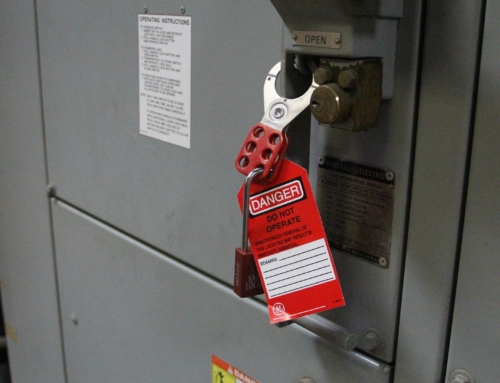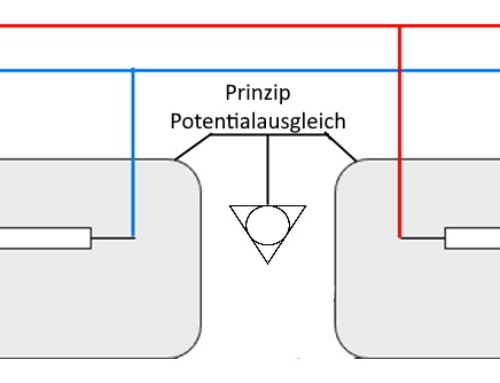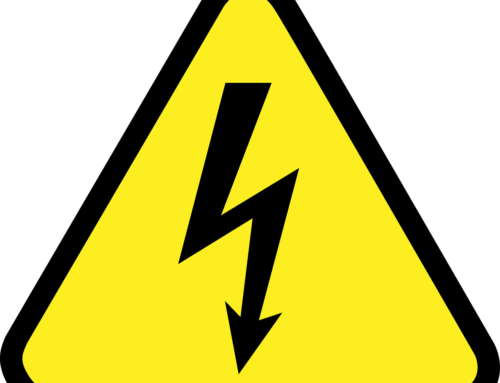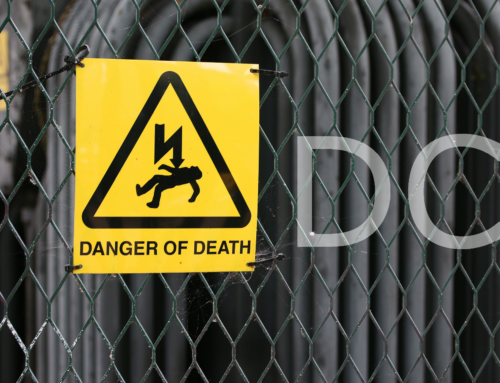According to DGUV regulation 3, an electrical specialist is “someone who, on the basis of his technical training, knowledge and experience as well as knowledge of the relevant regulations, is able to assess the work assigned to him and recognize possible hazards .”
Training makes up part of the prerequisites here. However, this also means that vocational training in electrical engineering is not everything. He is appointed to this position by the employer or the CRES on the basis of the above-mentioned definition. Electrical specialist is not a formal qualification; it is a competency status.
The required knowledge and experience also includes knowledge of the company. Accordingly, the general consensus is that specialized vocational training or a degree is merely a basis.
In order to ensure safety, in many areas there is the possibility of having one’s electrotechnically well-trained employees additionally qualified, which is even mandatory in some areas, e.g. in the high-voltage area. Anyone who wants to deploy their employees in the development and production of electromobility is therefore required to provide them with appropriate training in advance. And even then, the practice must not be disregarded.
However, the status of electrical specialist cannot be generally applied to all electrical engineering. This is because there are different areas of expertise in electrical engineering and therefore there are also deserving areas of expertise for an electrical specialist.
At the same time, this status is also not something you achieve once and then keep forever. You can also lose the status of an electrical specialist.
In short: An electrical engineering apprenticeship or degree is only the basis, but is not sufficient to allow someone to work as an electrical specialist. Appropriate training can be useful, and in some cases is de facto required.
Our free(REALLY free, even WITHOUT having to provide an email address!) paper “5 Things You Must Have Clarity About Before Qualifying and Deploying Your Employees for Electrical Engineering Work.” can be accessed here (click).
If you would like to know more about the different roles, in particular those of the EiP, ES, CRES and especially those of the CRES and how they interact, I recommend our publications, for example the audio book “Die Verantwortliche Elektrofachkraft: CRES-Struktur und Betriebliche Elektrosicherheit für Unternehmer, Fach- und Führungskräfte”. Information and sources of supply can be found on the usual audio book portals as well as on the homepage tcs-engineering.de










Leave A Comment